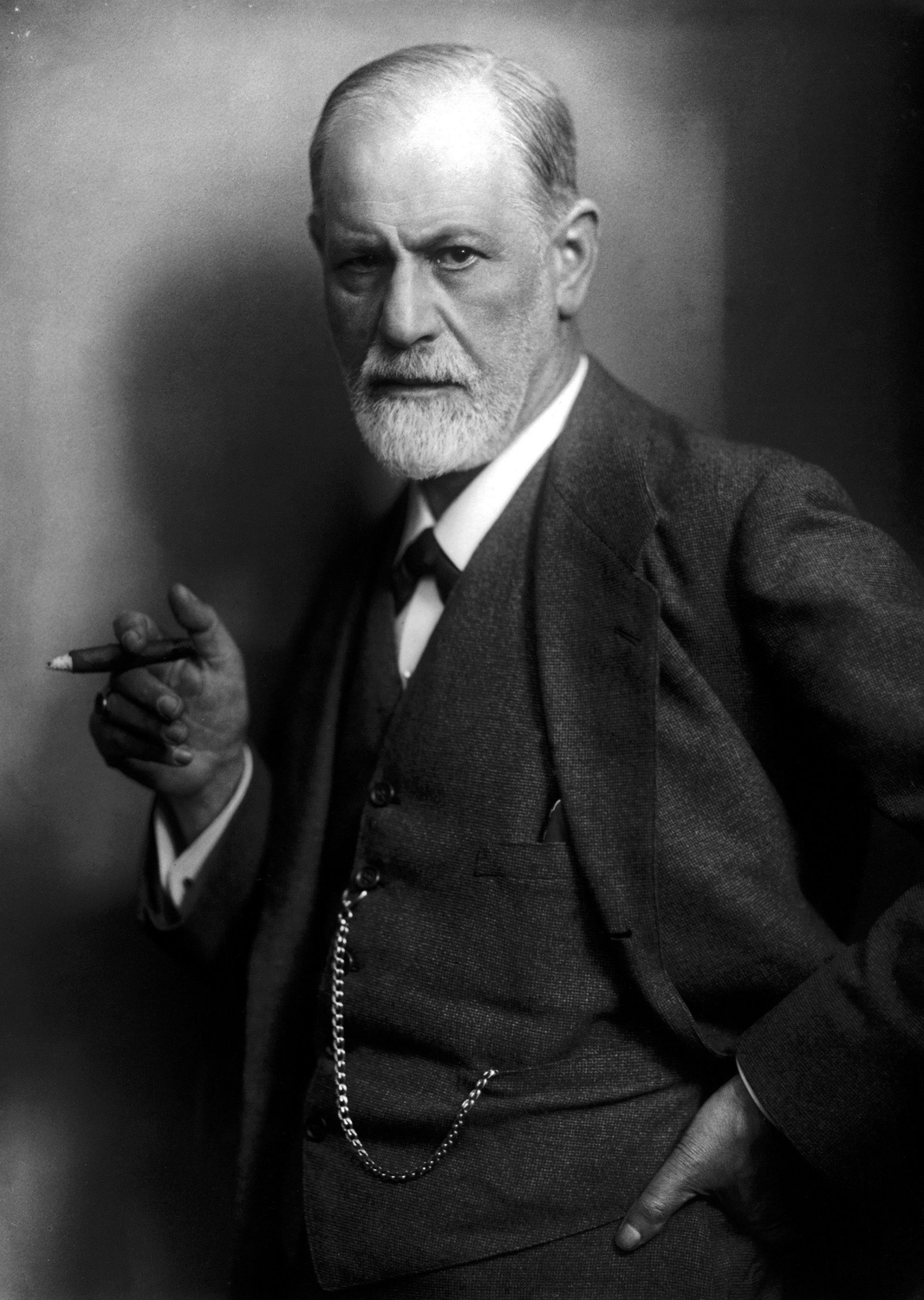In past three weeks PD has written about different types of journal writing, from motivation to travel, as well as about some nice writing instruments. In the final installment on journal writing PD prowls into the field of journal writing for therapy.
IMPORTANT DISCLAIMER: This article is for general information only. PD does NOT claim any expertise in psychology or psychiatry (he is only a prowling dog, after all) and as such this article should NOT be taken as advice as to treatment or efficacy. It should NOT be used as a basis to initiate therapy. If you feel that you may have an emotional or psychological issue see your medical specialist.
Journal writing as a psychological tool is not new. Famous psychiatrists such as Sigmund Freud (that is him below) and Carl Jung have used it. In the 1960's Dr Ira Progoff developed the method for modern therapeutic journal writing. Others refined and developed the technique, and in the 1980's and 1990's Dr James Pennebaker made studies that showed a benefit from these techniques. However, there have since been some studies that have shown that in some people it may exacerbate symptoms.

So what is therapeutic journal writing? Unlike writing for motivation or keeping a travel journal for pleasant memories, this is really serious stuff. Basically, people with emotional problems, for example sufferers of post traumatic stress or grief, write down their most inner thoughts and feelings. The aim is to try to get a better insight into the problem and hopefully help to cope with these issues. Some people find this easier than expressing their feelings to a real person. Heady stuff, no?
You will realize that the journal will contain very personal information, so privacy is important. People are advised to write a therapeutic journal in a safe, private place and to ensure that the journal is stored safely from prying eyes. Previously PD spoke about preferring a paper journal to keeping it on a tablet or computer. For a therapeutic journal PD thinks that advice is even more important.

PD once again reminds you to heed his disclaimer above - he is NOT a therapist, just a dog who likes to have fun. Next week PD will lighten the mood with a new series.
Note: photographs are from the public domain.
Contact Prowling Dog at prowlingdog@protonmail.com
© 2016 Prowling Dog